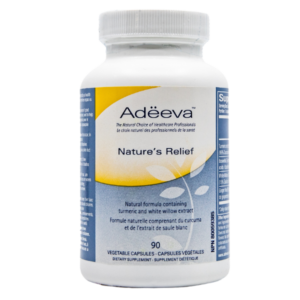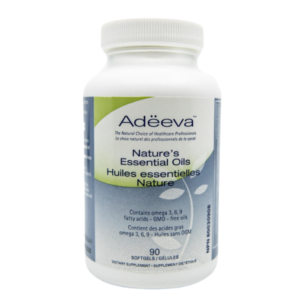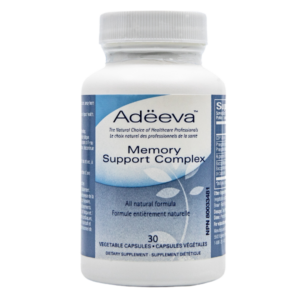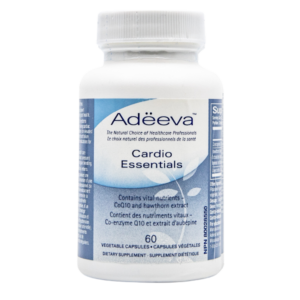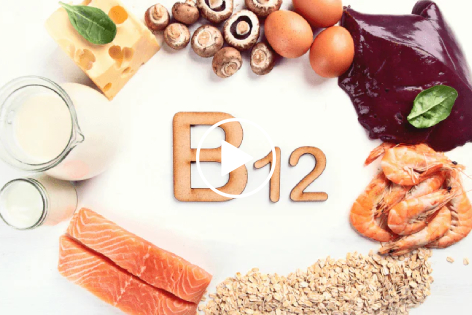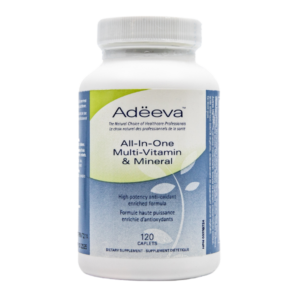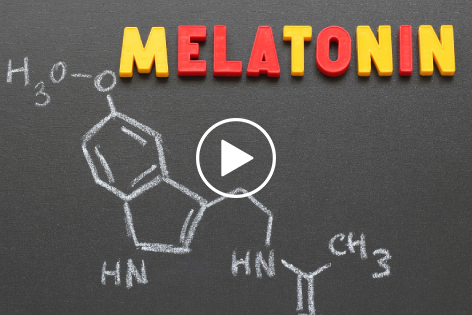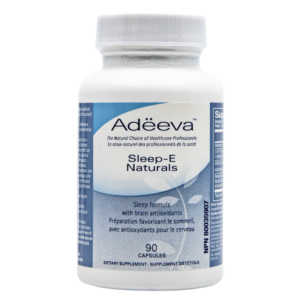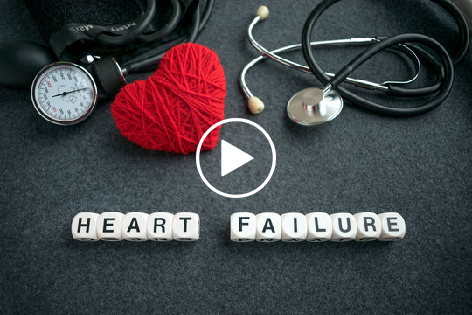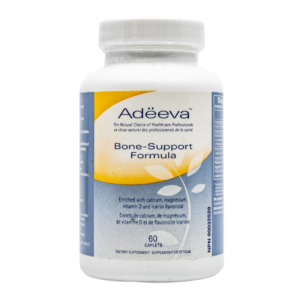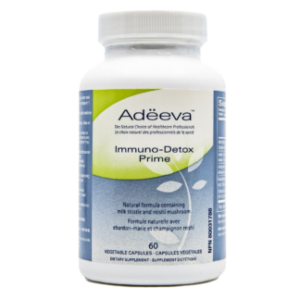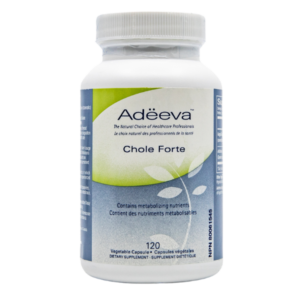
Boswellia Supplementation: Combating Malignant Brain Tumours and Radiation Side Effects
Source: Oncology Letter (2016) and Natural Medicine Journal (2020)
Lifestyle Medicine Update (July 31, 2024)
Brain and nervous system cancers are the 10th leading cause of death in North America. The cause of most brain cancers remains elusive. From the standpoint of nutritional medicine, what is noteworthy is the evidence showing that natural constituents derived from the Boswellia tree can cross the blood-brain-barrier and enter the brain. Within the brain these natural constituents, in particular boswellic acids, are shown to suppress inflammation (edema) and experimentally induce programmed cell death of certain human brain cancer cells (i.e., glioblastoma). As stated in the June 2016 Oncology Letter, “Boswellic acids (BA) have long been considered as useful adjunct pharmacological agents for the treatment of patients with malignant brain tumours, notably glioblastoma”. The study presented in this communication went on to show that boswellic acids, under experimental conditions, showed that it induced programmed cell death of nine different human brain cancer cell types known as gliomas (one type is glioblastoma). In this study boswellic acids also enhanced the brain tumour killing effects of a popular brain cancer chemotherapy drug called temozolomide (TMZ), and boswellic acids enhanced the brain cancer cell killing effect of radiation treatment, which is also commonly used to treat various brain tumours.
In 2020 an important human study was published that used Boswellia supplementation (4500 mg per day in divided doses, standardized to 32.2% boswellic acids) as an adjunctive treatment in 18 patients with newly diagnosed glioblastoma. These patients also received standard medical care, including surgery or biopsy, radiotherapy, and treatment with the chemotherapy drug temozolomide. Overall, the study showed that the use of Boswellia extract significantly reduced brain swelling (and related side effects) that typically result from the use of chemotherapy drugs and radiation of brain tumours. Brain swelling (edema) from chemo drugs and radiation often cause many unpleasant side effects. Medical doctors typically prescribe a drug called dexamethasone (similar to prednisone) to control brain swelling under these conditions, but dexamethasone treatment is known to counter the benefits of chemo drugs and radiation and increases brain tumour growth. Dexamethasone also produces an array of other very undesirable side effects. This study showed that Boswellia extract supplementation is a good substitution for dexamethasone in patients being treated for glioblastoma, as it not only suppresses brain swelling (edema), but boswellic acids exhibit brain cancer cell killing effects, which is synergistic to the chemo and radiation treatment protocol.
From my standpoint, it’s important to remember that the anti-inflammatory effects of boswellic acid have also shown efficacy in improving outcomes for patients with rheumatoid arthritis, Crohn’s disease, osteoarthritis and other inflammatory conditions. As we age the body naturally increases the synthesis and release of certain inflammation promoting chemicals (cytokines and prostaglandins). This makes us more prone to arthritic changes, joint and muscle swelling, and background pain and discomfort. Based on this, I have suggested that people over the age of 40 or 45 do what I do, and that is to take a supplement each day that combines four natural and effective anti-inflammatory agents; namely, Boswellia, Curcumin, White Willow Extract and Ginger Extract. These four natural agents work synergistically to help suppress inflammation in the body. Unlike aspirin and related drugs, these natural agents do not cause stomach irritation, ulcers, internal bleeding, high blood pressure, liver and kidney damage or congestive heart failure. As a bonus, the boswellic acids also cross the blood-brain-barrier, entering brain cells, where experimental evidence cited below suggests that they may help to block key steps in the development of some lethal brain cancers. Curcumin is also known to cross the blood-brain-barrier and is shown to provide some important neuroprotective effects as well. So, the combination of Boswellia Extract, Curcumin, White Willow Extract and Ginger Extract is not only good for your joints, but is also likely to be beneficial for your brain.
I have included the references on Boswellia and Brain Tumours in the text below.
References:
Schneider H and Weller M. Boswellic acid activity against glioblastoma stem-like cells. Oncology Letter. 2016, 11(6): 4187-4192. Boswellic acid activity against glioblastoma stem-like cells – PMC (nih.gov)
West K. Boswellia and brain tumors. Natural Medicine Journal. March 4, 2020. Boswellia and Brain Tumors | Natural Medicine Journal
Eat Smart, Live Well, Look Great,
Dr. Meschino
Recommended Supplements

Dr. James Meschino
ABOUT THE AUTHOR
Dr. James Meschino, DC, MS, ROHP, is an educator, author, and researcher having lectured to thousands of healthcare professionals across North America. He holds a Master’s Degree in Science with specialties in human nutrition and biology and is recognized as an expert in the field of nutrition, anti-aging, fitness, and wellness as well as the author of numerous books.
